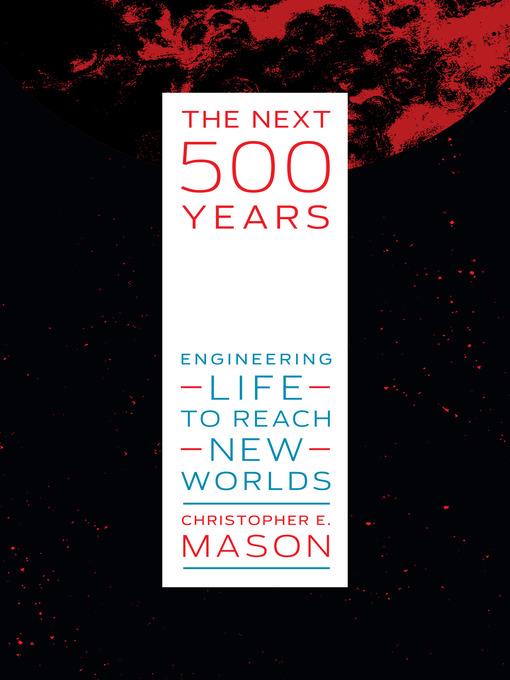
The Next 500 Years
Engineering Life to Reach New Worlds
- اطلاعات
- نقد و بررسی
- دیدگاه کاربران
نقد و بررسی

January 25, 2021
Missions to other planets are a “necessary duty for humanity,” argues Mason, a geneticist and associate professor at Weill Cornell Medicine, in this impassioned vision for the future of life. Mason believes that the awareness that all life on Earth will some day be extinct creates the “responsibility, power, and opportunity” for humans to be the “guardian of all life forms.” He suggests that intelligent life can thrive centuries into the future in space, which he writes will require genetic engineering. To that end, he shares discoveries about the effects of living in space on the human body, noting that Scott Kelly, an American astronaut who spent almost a year on the International Space Station, returned to Earth with “more than 8,600 genes...significantly altered.” Mason explores findings on organisms that live in extreme environments, such as the tardigrade, a microscopic animal capable of surviving in the vacuum of space whose DNA could provide a template for modifying human genes to create resistance to high levels of radiation. While Mason’s road map for realizing his vision feels far-fetched, his optimism as to what humans are capable of is inspiring. Readers looking for science writing that sees bold possibilities in the future will be enthralled.




دیدگاه کاربران